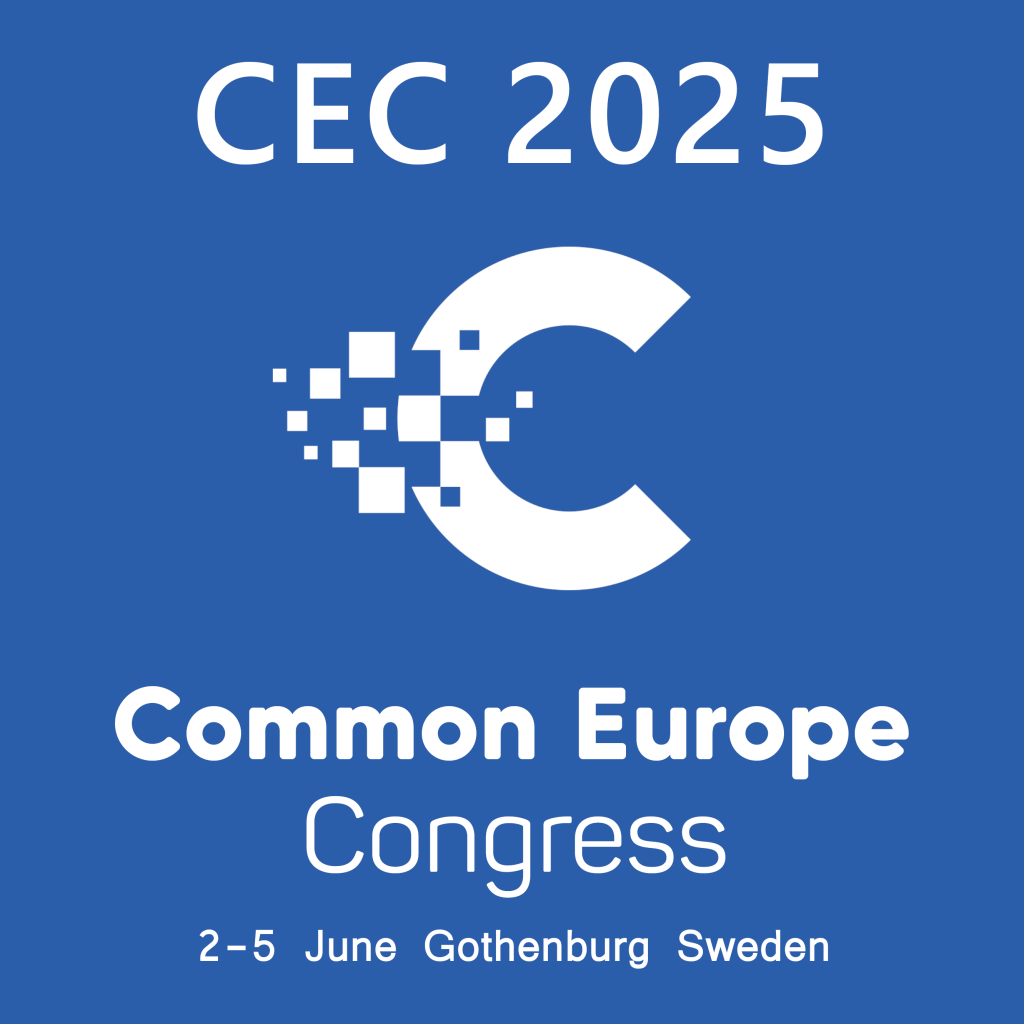The day after Common Europe 2025

The past few days I had the opportunity to attend the Common Europe 2025 Congress in Gothenburg. There were several very interesting sessions on different topics, some on the IBM i part, some on the AIX part, and some on the infrastructure and storage part.
The event got off to an early start with some important numbers, in fact there were 463 participants, a record for the event, a record also for the sessions and sponsors present. the growing number of young people in the audience and among the various speakers also bodes well.
I was able to attend many sessions on AI, from the creation and execution of models that can run on IBM Power architecture, to the code assistant for RPG. Yes, because WCA (aka WatsonX Code Assistant) was one of the announcements made by IBM at that conference. It is a code assistant based on IBM’s existing WatsonX framework. The peculiarity of this model is that it has been trained exclusively for RPG programmes. This model will be available free of charge in public preview from July for users who have registered, during the first stages it will be possible to test the documentation and explanation of already existing code, at a later stage (still to be defined) it will also be possible to generate new code and convert existing code into other languages. During the demos seen, it was exciting to see how this model was able to read code and indicate precisely what was actually being done, and not what the programmer expected the code to do. WCA will run exclusively on VS Code, RDI will not support it (according to IBM, this product is too squashed in Eclipse’s logic and difficult to extend). This is because WCA is integrated with the Code4i extension with which it shares context.
In addition to AI, there were several sessions related to innovation and modernisation of the platform with newer and more user-friendly technologies. I was able to attend several sessions related to the open source world, several projects in which the community is involved in different ways, one example among all is the cooperative development of the Code4i extension, the extension that allows us to connect and develop on IBM i systems directly from VSCode. For this extension, a specific session was presented on the contribution that can be made to development, from interacting on GitHub discussions to fixing bugs and developing new functionalities… many small and simple actions that can, however, be of great help to other users.
The other major topic presented at this conference is related to the release of IBM i version 7.6 with all that this entails, from the new SQL services to the many new security features. As you well know, IBM is doing everything it can to secure the various systems, but the effort must be shared among all the players involved, from IBM to programmers to systems engineers. With the new release, several new security features have been released, including the use of standard or customised MFAs for security enhancements in the area of authentication. This is because the aim is to look for ways in which we can secure our environments and at the same time make them suitable for working in a world in which a thousand security certifications are needed to operate.
Not only face-to-face sessions, the event provided plenty of time for discussion and networking between technicians as well as for entertainment on the two evenings organised. Everything ended with a review of the numbers and, above all, with a “goodbye” to next year’s CEC2026 in Lyon.
Andrea
